
How much does composite bonding cost?
Craft a beautiful smile without breaking the bank. Discover the factors that influence the cost of composite bonding and learn valuable tips to save money during the process.
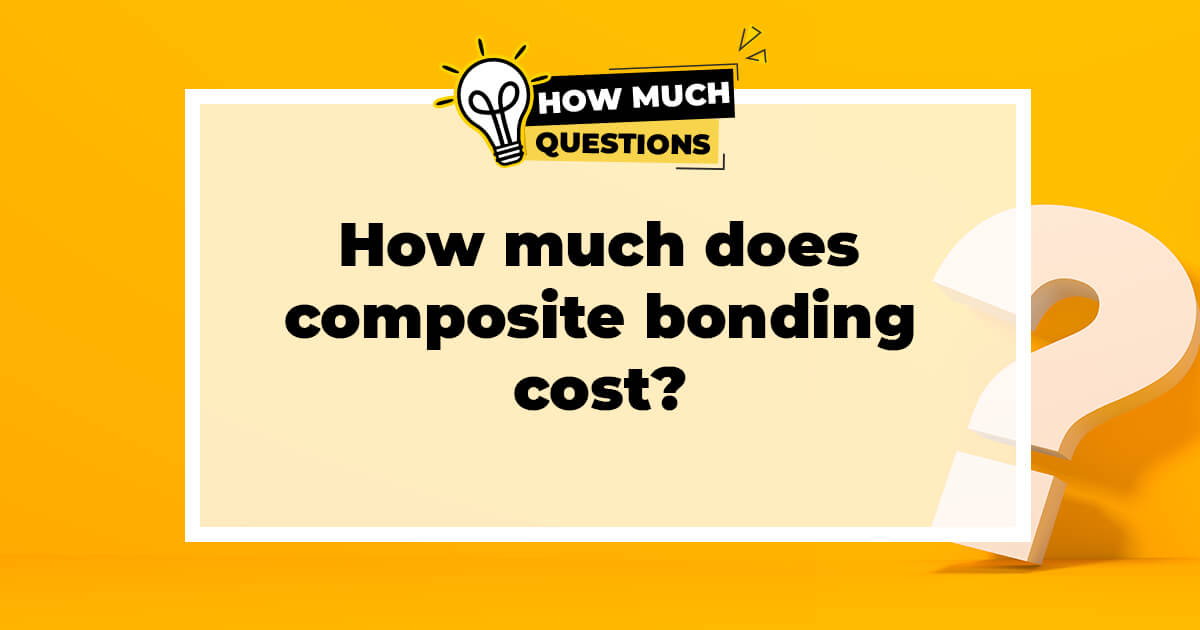
Introduction
Composite bonding is a popular cosmetic dental procedure that can transform your smile. However, before you embark on this journey, it's essential to understand the cost factors and make informed decisions. In this article, we'll explore the various elements that influence the cost of composite bonding, offer tips to save on expenses, and provide guidance for making the best choices.
How Much Does Composite Bonding Cost?
Composite bonding, a popular cosmetic dental procedure, typically costs between $300 to $600 per tooth. However, the exact price can vary based on factors such as the dentist's experience, geographic location, and the complexity of the procedure. It's advisable to consult with a local dentist for a precise estimate tailored to individual needs.
Factors Influencing Cost
1. Material Quality
The quality of the composite resin used significantly affects the cost. High-quality materials tend to cost more but offer better durability and aesthetics, ensuring your investment lasts longer.
2. Complexity of the Procedure
The extent of the bonding procedure also plays a role. Repairing a single small chip will be less expensive than addressing multiple damaged teeth or a larger area of concern.
3. Location
Dental costs can vary widely by location. Urban areas tend to have higher prices than rural ones. Research local rates to get a better idea of what to expect.
4. Dentist's Expertise
An experienced and highly skilled dentist might charge more for their services. However, their expertise often leads to better results and a smoother overall experience.
5. Additional Treatments
Sometimes, composite bonding is part of a more extensive treatment plan, such as a smile makeover. This can increase the overall cost, but it may be necessary for achieving your desired results.
Pre-Purchase Considerations
Before you commit to composite bonding, consider the following factors:
1. Dental Consultation
Always start with a consultation. Discuss your goals and expectations with your dentist, and obtain a detailed cost estimate tailored to your specific case.
2. Insurance Coverage
Check if your dental insurance covers composite bonding. While it's typically considered a cosmetic procedure, some aspects may be covered if they have a functional purpose.
3. Long-Term Benefits
Remember that composite bonding is an investment in your smile's appearance and your confidence. Consider the long-term benefits and how the cost aligns with your goals.
4. Payment Plans
Inquire about payment plans or financing options with your dentist. This can help you spread out the cost over time, making it more manageable.
Cost-Saving Tips
Here are some actionable tips to save money on composite bonding:
- Compare Dentists: Get quotes from multiple dentists to find the best price without compromising quality.
- Consider Alternative Treatments: In some cases, alternative treatments like veneers or teeth whitening might be more cost-effective for achieving your desired results.
- Timing: Schedule your procedure during promotions or off-peak times when dental offices may offer discounts.
- Ask About Referral Discounts: Some dentists offer discounts if you refer friends or family for similar procedures.
Guidance for Optimal Choices
To ensure you make the best choices regarding composite bonding:
- Research Dentists: Read reviews and ask for before-and-after photos to gauge a dentist's skill and track record.
- Ask Questions: Don't hesitate to ask your dentist about the materials they use, the procedure's details, and any concerns you may have.
- Maintenance: Understand the post-bonding maintenance requirements to maximize the lifespan of your new smile.
Conclusion
Composite bonding can be a transformative cosmetic dental procedure, but its cost varies based on several factors. By considering material quality, procedure complexity, location, dentist's expertise, and potential additional treatments, you can make an informed decision. Don't forget to explore pre-purchase considerations and cost-saving tips to save money while achieving your smile goals.
This article is intended for informational purposes only. Always seek professional advice from a qualified dentist to make the best decisions for your dental health and cosmetic needs. Feel free to leave comments or questions below if you'd like further guidance on composite bonding costs or related topics.
FAQ: Frequently Asked Questions
How much does dental bonding typically cost?
Typically, you can expect to pay around $300 to $600 per tooth. Depending on the damage, the price range can drop down to $100 or even extend to $1,000. If you're getting treatment for multiple teeth, the cost may reach between $500 to $1,500 or more. You will have to replace the bonding every five to ten years.
What factors affect the cost of teeth bonding?
The cost of teeth bonding (or composite bonding, as it's often called) can vary widely, depending on:
- The number of teeth that need bonding. Dentists typically charge by the tooth, with prices ranging from $300 to 600 per tooth.
- How much resin is required and the complexity of the procedure.
What is composite dental bonding?
Composite dental bonding is a cosmetic dentistry treatment used to enhance your smile. During the procedure, your dentist applies tooth-colored resin material to the affected teeth to change their shape, size, or color.
What issues can tooth bonding address?
Tooth bonding (sometimes called composite resin bonding) is a cosmetic technique to improve the aesthetic of your smile. It can be used to hide gaps in teeth and address diastema (gaps between teeth).
What is the purpose of dental bonding?
Dental bonding, sometimes called composite bonding or teeth bonding, is a cosmetic dentistry treatment used to enhance your smile. It is recommended to change the shape, size, or color of affected teeth.
How does tooth bonding work?
Tooth bonding is a procedure where your dentist applies a tooth-colored composite resin to one or more of your teeth to repair damage. It's a cost-effective solution because it's considerably less expensive than other dental restoration methods.
How does direct dental bonding differ from other types?
Direct dental bonding or composite dental bonding quickly fixes chipped or decayed teeth during one office visit. It restores the shape, function, look, and color of your natural teeth.
Can Invisalign work on bonded teeth?
Invisalign will work just as well to straighten bonded teeth as it will for natural teeth, assuming that the bonding is in place before you start Invisalign treatment.
How long does teeth bonding last?
The longevity of teeth bonding varies based on individual habits and oral care. However, with proper care, bonded teeth can last several years before needing replacement or repair.
What is the procedure for composite resin bonding?
Dental bonding, also known as composite resin bonding, is a technique that adds material to your teeth to alter or supplement their shape. Your dental professional applies and shapes a putty-like resin to your teeth before bonding them permanently in this procedure.
 How much does chin liposuction cost?
How much does chin liposuction cost? How much does a thread lift cost?
How much does a thread lift cost? How much does AirSculpt cost?
How much does AirSculpt cost? How much does full-body laser hair removal cost?
How much does full-body laser hair removal cost?If you want to know other articles similar to How much does composite bonding cost? you can visit the category Medical and Dental.
- Introduction
- How Much Does Composite Bonding Cost?
- Factors Influencing Cost
- Pre-Purchase Considerations
- Cost-Saving Tips
- Guidance for Optimal Choices
- Conclusion
- FAQ: Frequently Asked Questions
- How much does dental bonding typically cost?
- What factors affect the cost of teeth bonding?
- What is composite dental bonding?
- What issues can tooth bonding address?
- What is the purpose of dental bonding?
- How does tooth bonding work?
- How does direct dental bonding differ from other types?
- Can Invisalign work on bonded teeth?
- How long does teeth bonding last?
- What is the procedure for composite resin bonding?
Leave a Reply


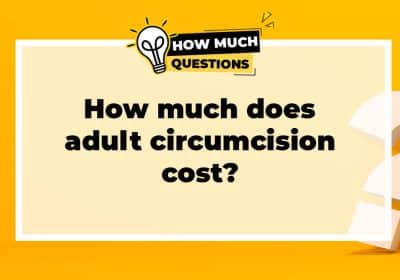
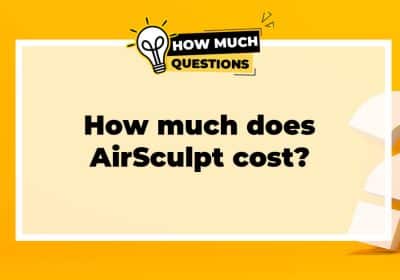
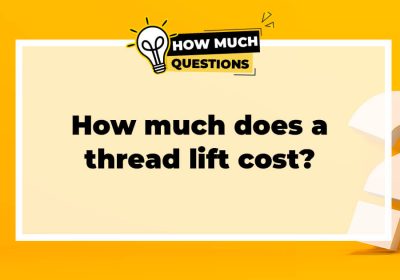
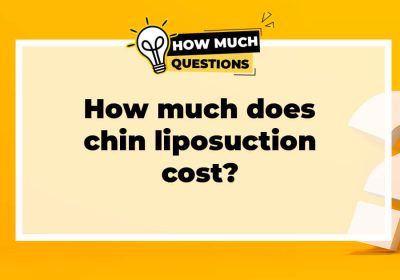

You might be interested in